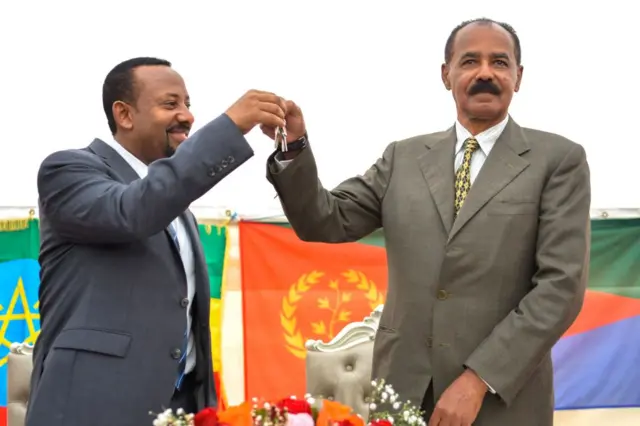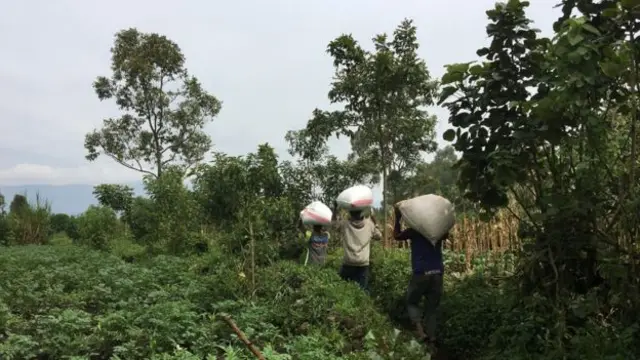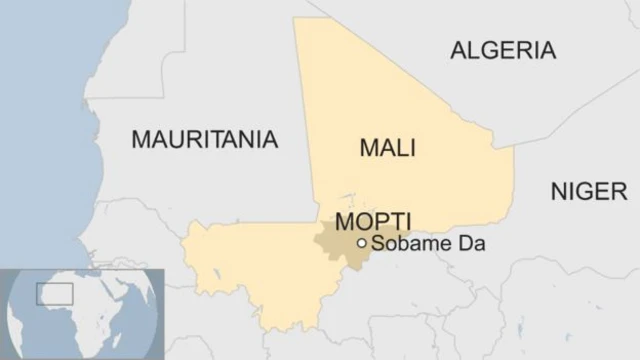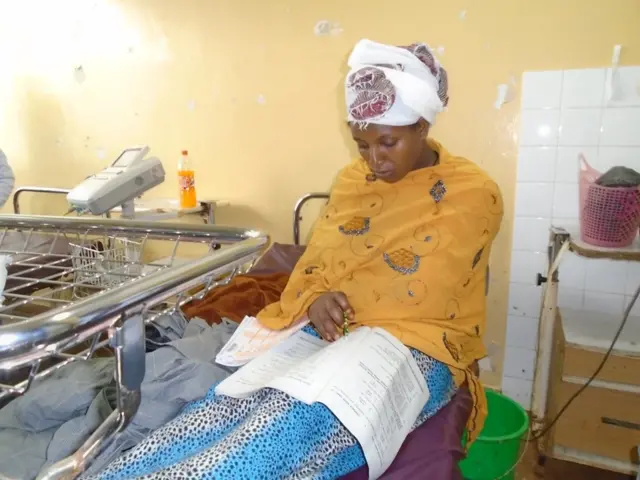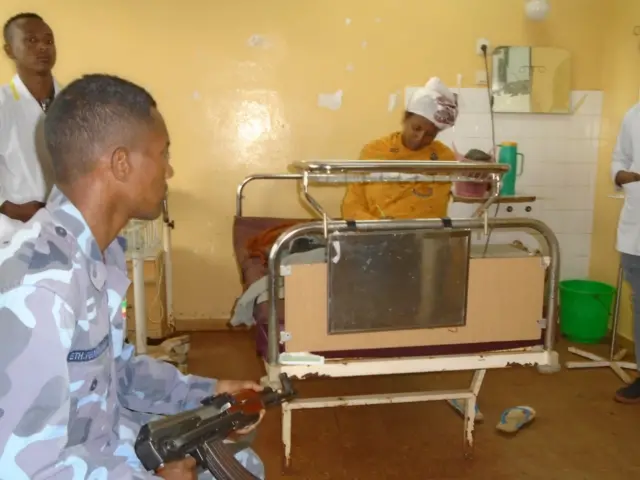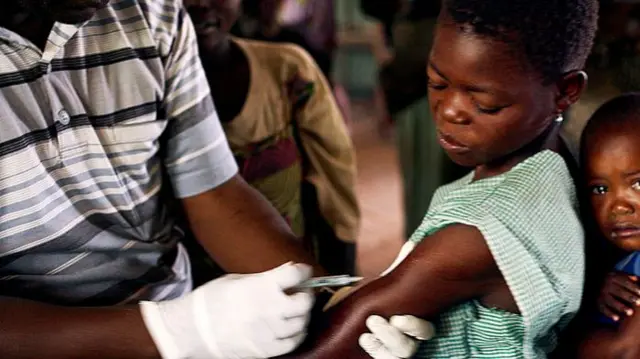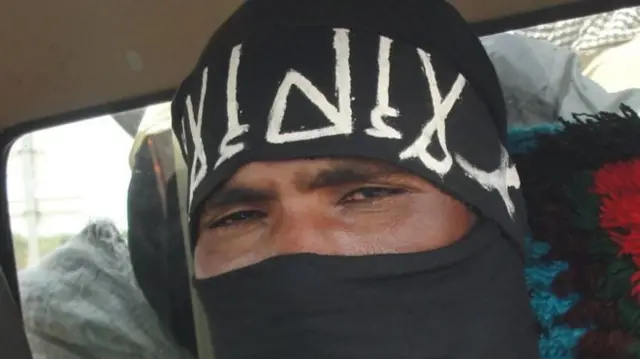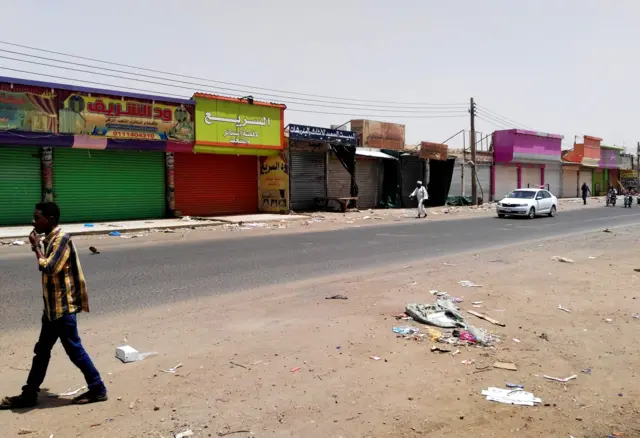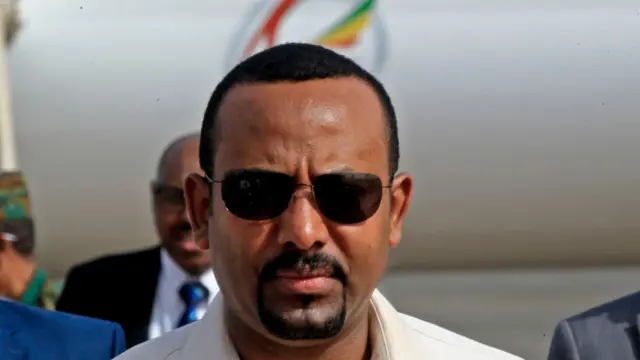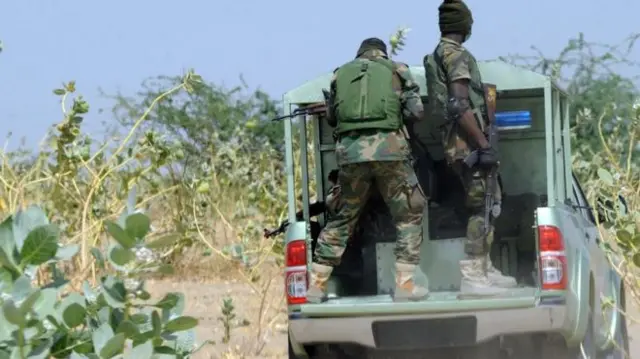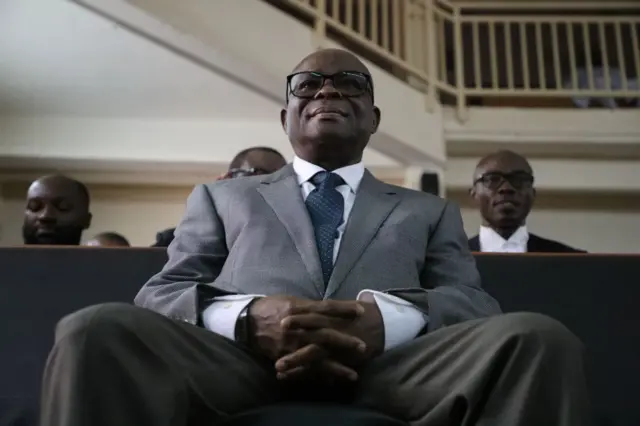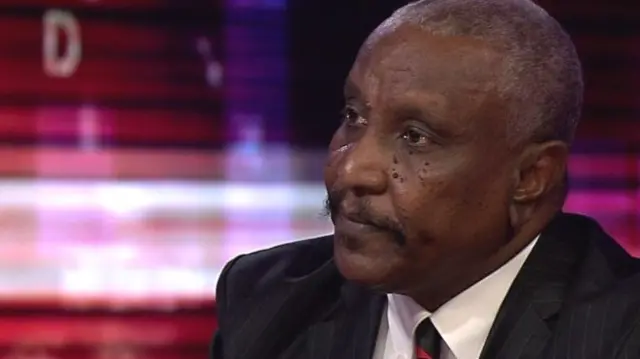Egypt demands cancellation of Tutankhamun statue auctionpublished at 10:01 BST 11 June 2019
 BBC Monitoring
BBC Monitoring
The world through its media
Egypt is trying to prevent the sale of a bust of the Pharaoh Tutankhamun at an auction in London early next month at the Christie's auction house.
The Egyptian embassy in London has also contacted the British Foreign Office and Christie's demanding that the auction be stopped and the statue be returned to Egypt.
It also called on Christie's to stop the sale of other antiquities set to be auctioned in early July.
The Egyptian Ministry of Antiquities has contacted Christie's auction house, as well as Unesco, in a bid to block the sale of the boy pharaoh's statue, the foreign ministry said in a statement on Facebook on 10 June.
Egypt has also requested documentation proving the ownership of the statue and pointing to Egypt's right to it in accordance with past and current Egyptian law.
In its online catalogue, external, the auction house says the bust dates from more than 3,000 years ago.
It describes it as: "A remarkable representation of the young king as the god Amen."
